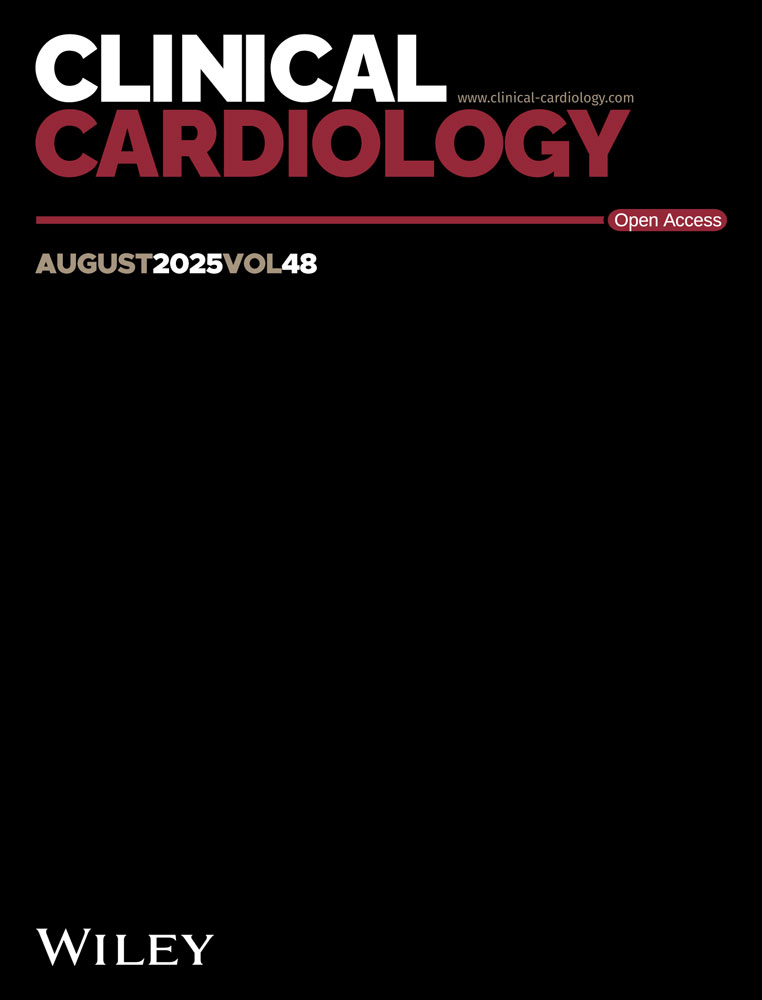Detection of myocardial reperfusion by analysis of serum creatine kinase isoforms
Abstract
Serum creatine kinase (CK) MM isoforms were determined by chromatofocusing in 22 patients with acute myocardial infarction undergoing intracoronary thrombolysis. In 13 patients with successful coronary recanalization within 3.6±1.0 (SD) h after onset, time to peak CK activity occurred 13±3 h after onset which was significantly shorter (p>0.01) than that in 9 patients without coronary recanalization (20 ±4 h). The proportion of CK MM-A, the myocardial isoform, in serum in the reperfused group at 6, 10, and 14 h after onset (53 ±9, 38±5, and 27±4%, respectively) was always significantly lower (p>0.01) than that in the nonreperfused group (69±7, 59±8, and43±4%). During the same period, the proportions of CK MM-B and CK MM-C, the converted isoforms derived intravascularly from MM-A by circulating carboxypeptidase, in the reperfused group were always significantly higher (p>0.01) than those in the nonreperfused group. The ratios of MM-A% to MM-B% and MM-A% to MM-C% amplified the differences between the two groups. At 10 h after onset, these ratios clearly differentiated the reperfused and the nonreperfused group at the values of 1.0 (MM-A/MM-B) and 3.0 (MM-A/MM-C) with the diagnostic sensitivity of 85% and 92%, respectively. Thus, myocardial reperfusion was detectable noninvasively by analysis of serum CK MM isoforms during the early stage of acute myocardial infarction.




